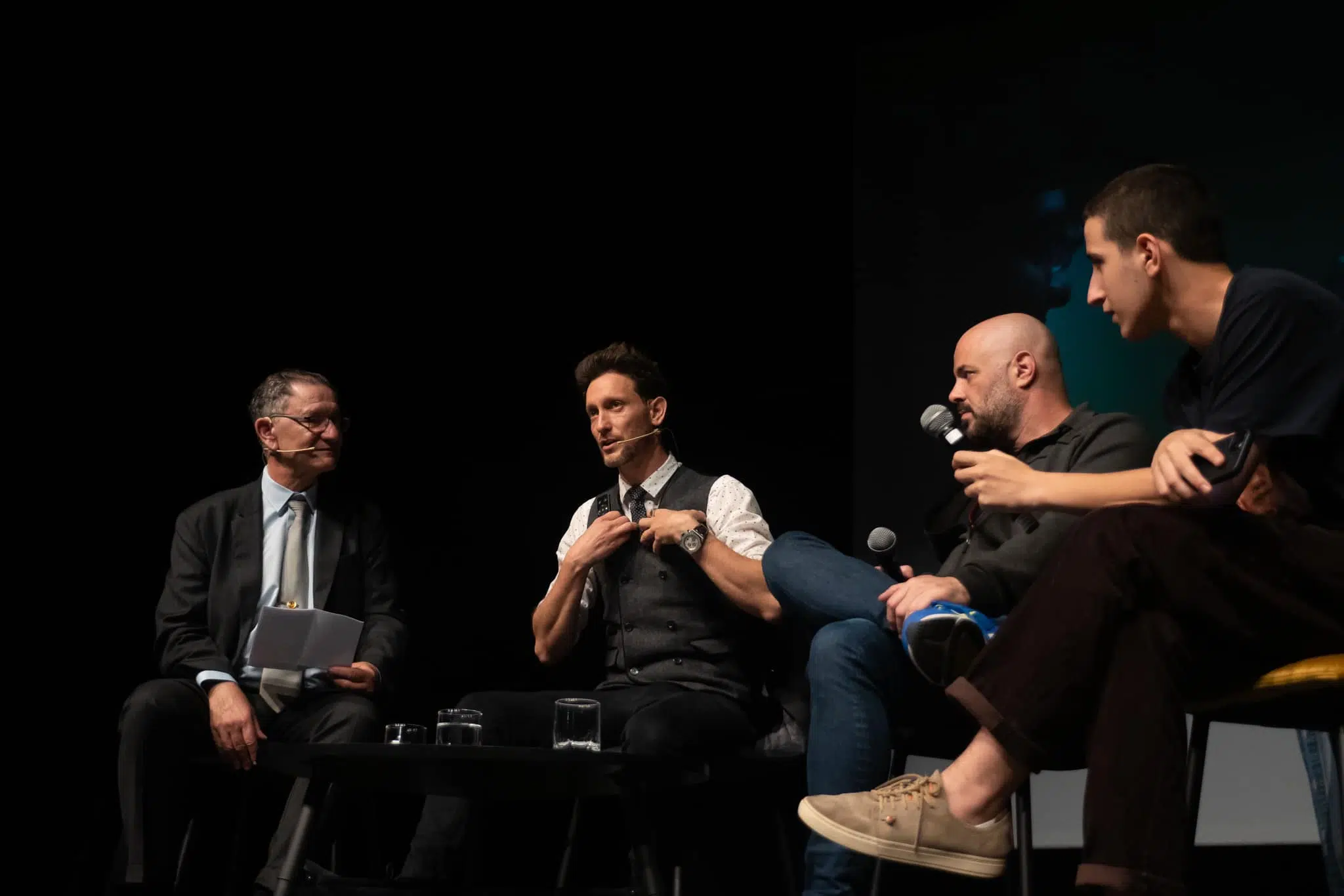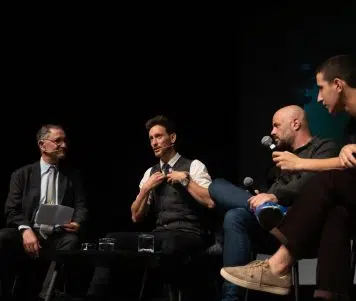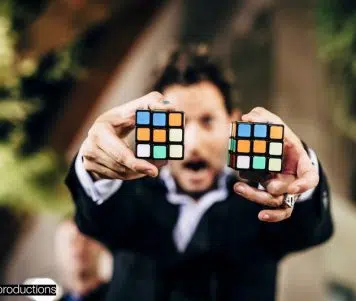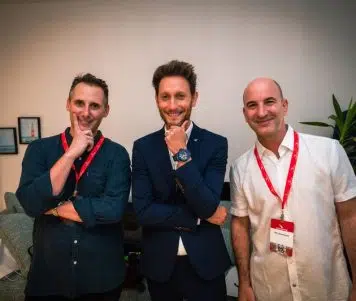
Active Audience Participation During a Sensory Art Show
One of the most exciting and enjoyable aspects of a mentalism and sensory art show, especially when it comes to a performance by Lior Suchard, is the active involvement of the audience, which constitutes such an essential component of the entire atmosphere and success of the show. There is nothing that compares to the energy and excitement that pass through the audience when volunteers come up to the center of the stage to participate in mind-bending and unbelievable segments that the whole audience will soon enjoy.
But, paraphrasing another famous saying, with great participation comes great responsibility (10 points to whoever recognizes where this reference comes from 😊) — responsibility primarily of the sensory artist performing and leading the show but also to a certain extent of the participating audience. Let’s dive into the unique dynamics of active audience participation in a mentalism and sensory art show.
First and foremost, let’s address and resolve the question of the legality of audience participation, whether partial or complete, in a mentalist and sensory artist’s show. Naturally, there are no laws prohibiting a performer or stage artist from involving the audience in various elements throughout the performance. So, in general, there are no legal obstacles or hindrances.
However, it’s important that audience participation is sensible and not part of activities that are inherently dangerous or, crucially, without the participants’ consent. Furthermore, the venue where the show is performed must have appropriate insurance, and the performing artist should also have suitable professional insurance coverage.
Naturally, at a mentalism and sensory art show, audience participation typically involves segments like “mind reading,” sensory tricks, telepathy, predicting participants’ choices, and other amazing and enjoyable acts. There are no physical activities that might pose even a minimal risk. Therefore, audience participation is completely appropriate and, as mentioned, forms an essential part of the charm and the wonderful, enjoyable atmosphere at Lior Suchard’s shows!
Consent is key!
Logically, naturally, and absolutely necessarily, any person from the audience participating in a sensory art or mentalism show (or any other performance) must agree to do so. Obviously, the performing artist cannot compel anyone to participate in the show, nor can other audience members force or coerce someone to participate against their will. Moreover, there is no logic or basic human fairness in doing so.
Before anyone steps onto the stage to participate in a mentalism act, or engages from their seat in a breathtaking sensory art performance, it is critical to establish clear boundaries and, above all, explicit and clear consent for participation. No consent means no participation, and we simply move on to another audience member who chooses to participate. Everything is done respectfully and with care to avoid any form of social pressure.
Choice and Handling Social Pressure
In the realms of mentalism and sensory art, we are directly dealing with worlds of perception, psychology, and the human mind, which can of course be very personal and sensitive territories. Therefore, consent and choice are foundational elements in every performance by Lior Suchard, and it is clear and emphasized from the start that participation, while recommended and enjoyable, is absolutely voluntary and with full consent.
Even if you feel uncomfortable refusing to participate, or even if you feel a certain social pressure from others in the audience—trust years of experience, it’s really not noticeable, it goes completely under the radar and the show goes on. Everything is okay!
Trust the mentalist!
Furthermore, a master mentalist and seasoned entertainer like Lior Suchard is well-versed in reading the room and the audience. Integral parts of this entertainment field are reading body language, having high interpersonal, emotional, and spatial intelligence, and especially strong intuition.
In the vast majority of cases, Lior already identifies in advance those in the audience who do not wish to participate and do not want him to approach them with an offer to participate or come on stage. Therefore, he initially avoids creating that interaction and will choose audience members who exhibit a willingness and energy to participate. Everything is based on choice and consent!







